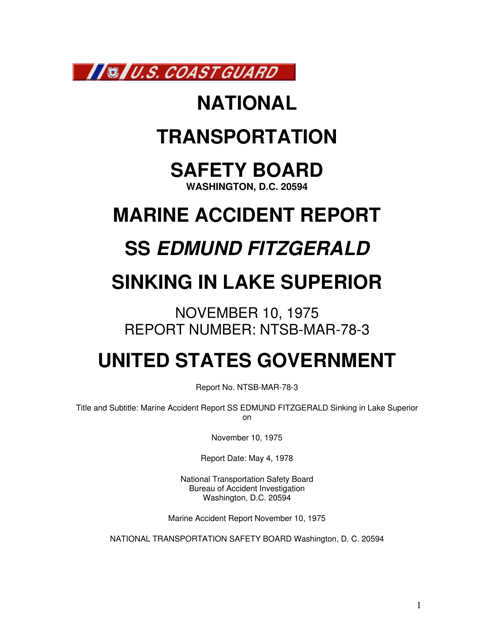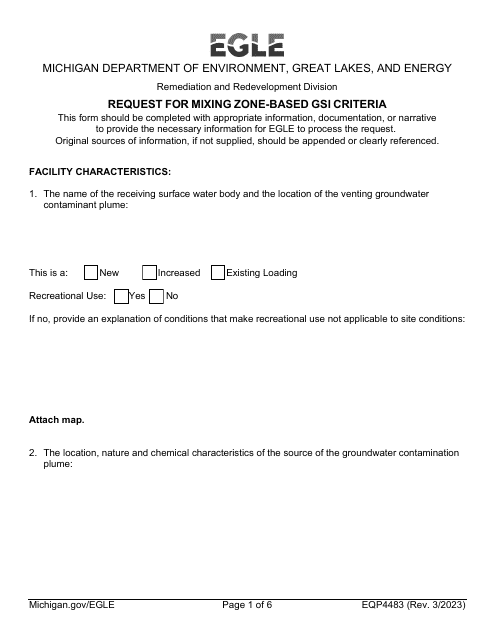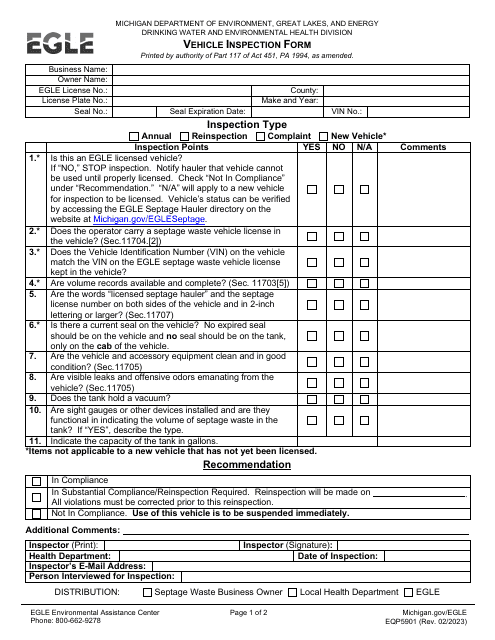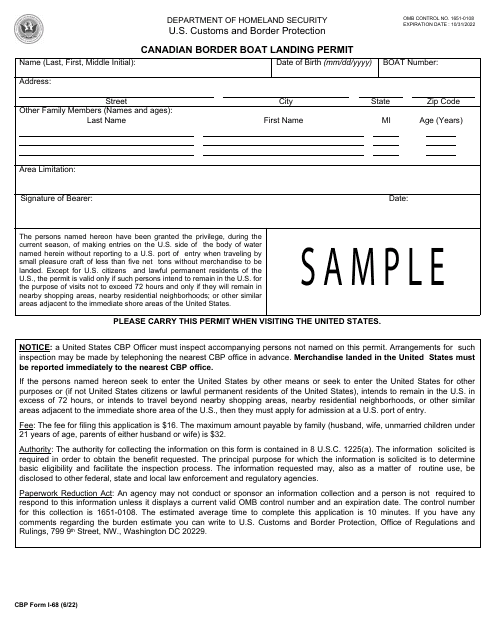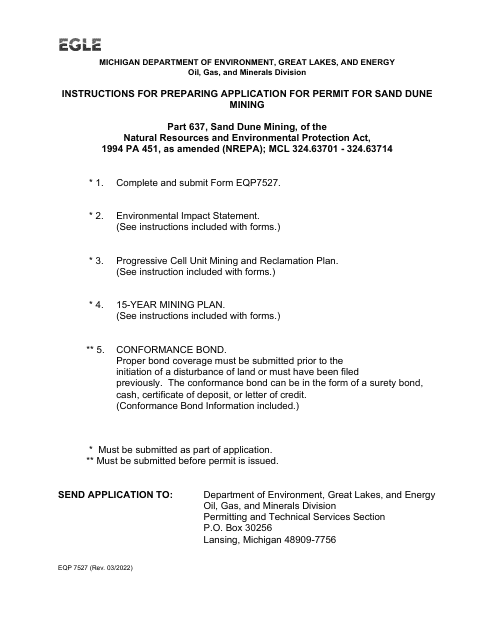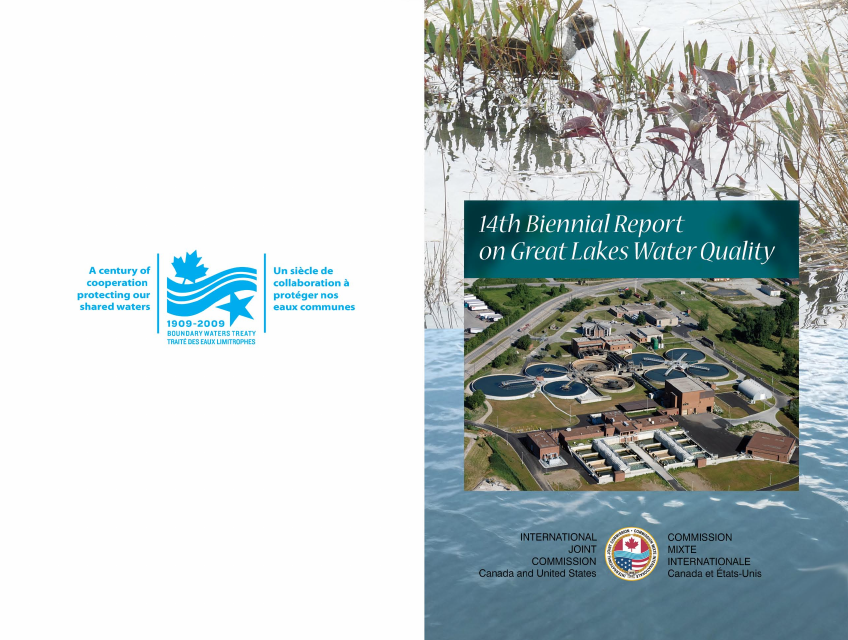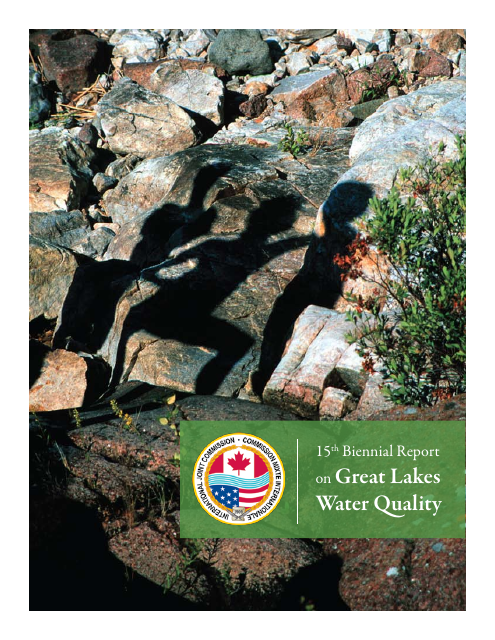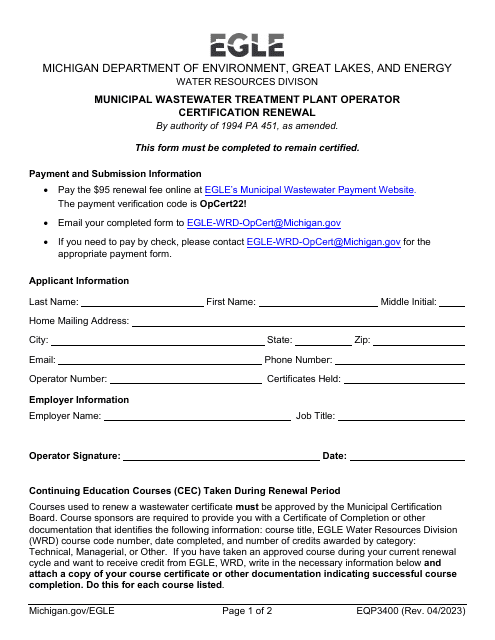Great Lakes Templates
The Great Lakes, also known as the "Inland Seas," are a collection of five interconnected freshwater lakes located in North America. These lakes, namely Lake Superior, Lake Michigan, Lake Huron, Lake Erie, and Lake Ontario, are of significant ecological, economic, and cultural importance to the United States, Canada, and other countries in the region.
With their vast expanse of water and diverse ecosystems, the Great Lakes support a wide range of aquatic life and provide valuable resources for countless industries such as shipping, fishing, and tourism. The lakes also serve as a vital source of drinking water for millions of people.
Understanding and managing the Great Lakes requires comprehensive documentation and research. The Marine Accident Report: SS Edmund Fitzgerald Sinking in Lake Superior is an example of a document that investigates and chronicles significant incidents that occur within the Great Lakes region. This type of report helps to prevent similar accidents in the future and ensures the safety of maritime activities.
In addition to incident reports, there are various forms and reports that government agencies and organizations utilize to monitor and protect the health of the Great Lakes. One such document is the Form EQP4483 Request for Mixing Zone-Based GSI Criteria, which is used in Michigan to regulate water quality standards. Similarly, the Form EQP5901 Septage Program Vehicle Inspection Form ensures compliance with environmental regulations related to waste management in the state.
Collaboration between the United States and Canada is crucial for the preservation and sustainable management of the Great Lakes. The 14th Biennial Report on Great Lakes Water Quality, published by the International Joint Commission, provides a comprehensive overview of the current state of the lakes and identifies areas of concern. This report helps to inform policies and initiatives aimed at protecting and restoring the Great Lakes ecosystem.
The Michigan Department of Environment, Great Lakes, and Energy (EGLE) plays a vital role in safeguarding the Great Lakes within the state of Michigan. The Form EQP3400, specific to EGLE, demonstrates the agency's commitment to environmental stewardship by providing a standardized approach to documentation and regulation.
Whether it's accident reports, regulatory forms, or collaborative assessments, the documentation surrounding the Great Lakes is a testament to the ongoing efforts to preserve and protect this precious natural resource. By understanding the complexities and challenges associated with the Great Lakes, stakeholders can make informed decisions that will ensure the continued health and vitality of these majestic bodies of water.
Documents:
8
This document provides a detailed report on the marine accident involving the Ss Edmund Fitzgerald, which sank in Lake Superior. Learn about the circumstances and findings of the investigation.
This form is used for applying for a permit to engage in sand dune mining within the Great Lakes Sand Dune areas in Michigan. It is necessary to fill out this form to legally mine sand dunes in this region.
This document provides a comprehensive report on the state of Great Lakes water quality, prepared by the International Joint Commission in collaboration with the United States and Canada. It covers various aspects such as pollution, conservation efforts, and measures taken to address water quality issues in the Great Lakes region.
This document provides an in-depth report on the current state of water quality in the Great Lakes, focusing on the collaborative efforts between the United States and Canada. It discusses the progress made, challenges faced, and recommendations for improving the water quality in this international shared resource.

